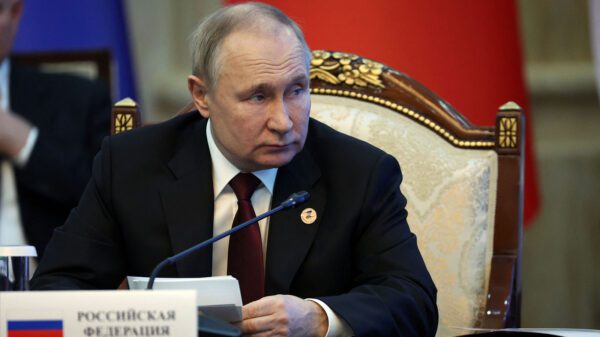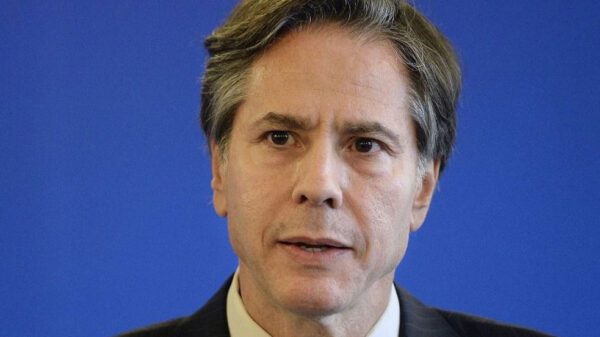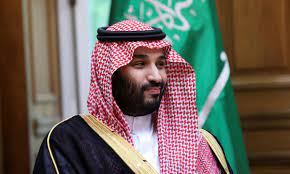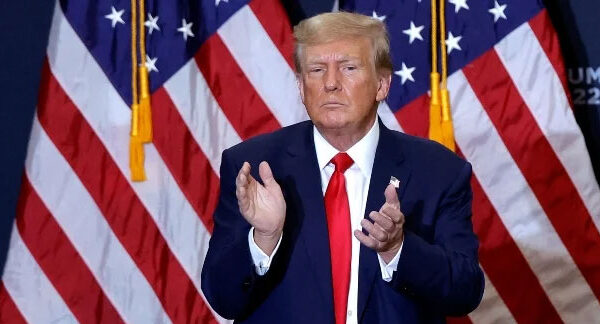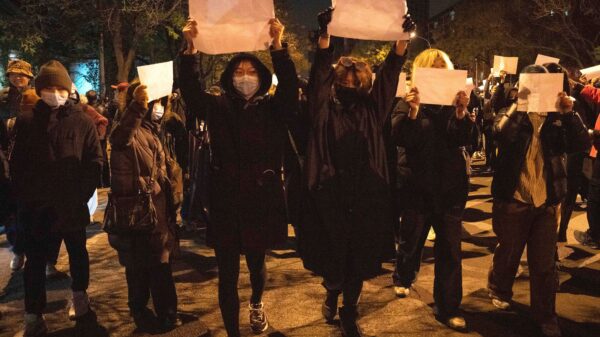Canadian Prime Minister Justin Trudeau has officially announced his resignation, marking the end of a nine-year tenure as leader of the Liberal Party.
Justin Trudeau resigns amid growing internal party pressure, bringing an era of significant change in Canadian politics to a close. Speaking at a press conference, Trudeau explained his decision. “This country deserves a real choice in the next election,” he said.
He admitted internal party battles were affecting his ability to lead effectively. Trudeau confirmed he will remain in office until the Liberal Party selects a new leader.
Why Did Justin Trudeau Resign?
Trudeau’s popularity has plummeted in recent years. His approval rating hit a record low of 22%. Rising housing costs, food prices, and backlash over pandemic policies created challenges for his government.
The resignation of Deputy Prime Minister Chrystia Freeland in December further intensified calls for him to step down.
Freeland criticized Trudeau’s response to trade threats from Donald Trump and cited internal disagreements. Trudeau’s government faced other challenges, including controversies over vaccine mandates, housing shortages, and strained public services.
These issues contributed to his declining popularity and growing discontent within the Liberal Party.
Justin Trudeau Resigns Amid Political Shifts
Trudeau’s resignation comes at a crucial time for the Liberal Party. The party has governed with a minority since 2019 and lost support from key allies like the New Democratic Party and Bloc Québécois.
Polls suggest the opposition Conservatives hold a strong lead. Their leader, Pierre Poilievre, criticized the resignation, claiming the Liberals are merely “swapping faces” without changing policies.
Trudeau’s announcement also follows increased tensions with the U.S. over tariffs. Former President Donald Trump claimed his pressure led to Trudeau’s decision to step down.
Potential Successors to Replace Trudeau
Now that Justin Trudeau has resigned, the Liberal Party will be searching for a new leader.
Below are the names and current designations of the likely candidates for the next Prime Minister.
Chrystia Freeland
Former Deputy Prime Minister Chrystia Freeland is considered one of the top contenders to replace Trudeau. Known for her strong negotiation skills and support for Ukraine, Freeland has significant experience in foreign affairs and finance. However, her recent resignation and criticism of Trudeau may complicate her chances.
Mark Carney
Former governor of both the Bank of Canada and the Bank of England, is another prominent name in the race. Known for his expertise in economics and climate policy, Carney could bring a fresh perspective to the party. Despite his strong credentials, Carney has no experience in elected office, which could be a challenge
Anita Anand
The current Minister of Transport, has been gaining attention as a possible successor. She has a background in public services and was instrumental in securing vaccines during the pandemic. Anand’s leadership during the pandemic and her rise through the ranks make her a strong contender.
François-Philippe Champagne
Minister of Innovation, Science, and Industry, François-Philippe Champagne has held several key positions within the government.
Known for his enthusiasm and business acumen, Champagne could appeal to centrist Liberals. His work in promoting Canadian-made products globally strengthens his standing.
Mélanie Joly
Mélanie Joly, Canada’s Foreign Minister, has been in the spotlight for her diplomatic work, particularly in supporting Ukraine. As a well-connected francophone politician, Joly has the potential to unify different factions within the party. She has long harbored ambitions to lead the party.
Dominic LeBlanc
Dominic LeBlanc, a close ally of Trudeau, has spent over two decades in politics. Known for his strong communication skills, he is seen as a steady hand in turbulent times. LeBlanc has previously expressed interest in leading the party but will face tough competition from other candidates.
Justin Trudeau’s Legacy
Justin Trudeau’s leadership transformed Canadian politics. His government introduced policies like gender-balanced cabinets, the Canada Child Benefit, and the legalization of cannabis. He also championed climate initiatives, such as a national carbon tax.
However, his time in office was not without controversy. Scandals, such as the brownface photos and ethics violations, tarnished his reputation. Public dissatisfaction grew over the years, culminating in his decision to step down.
Trudeau’s resignation marks the end of a political legacy tied to his father, former Prime Minister Pierre Trudeau. While his time as leader faced highs and lows, Trudeau’s impact on Canada remains significant.
Justin Trudeau resigns after a remarkable nine years as Canada’s Prime Minister, leaving behind a legacy of significant achievements and challenges. As the Liberal Party gears up to choose its next leader, Trudeau’s departure marks a turning point in Canadian politics.

